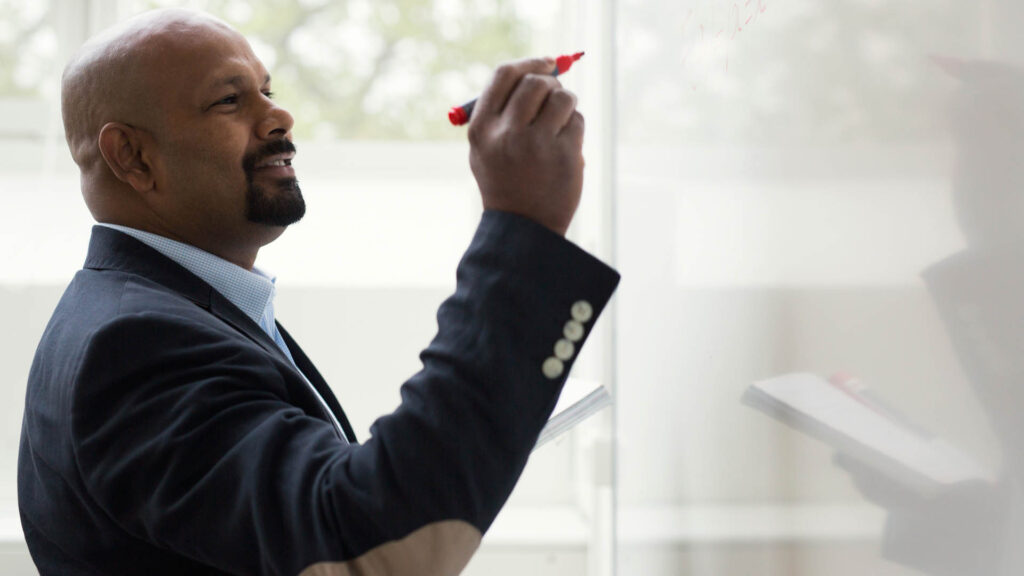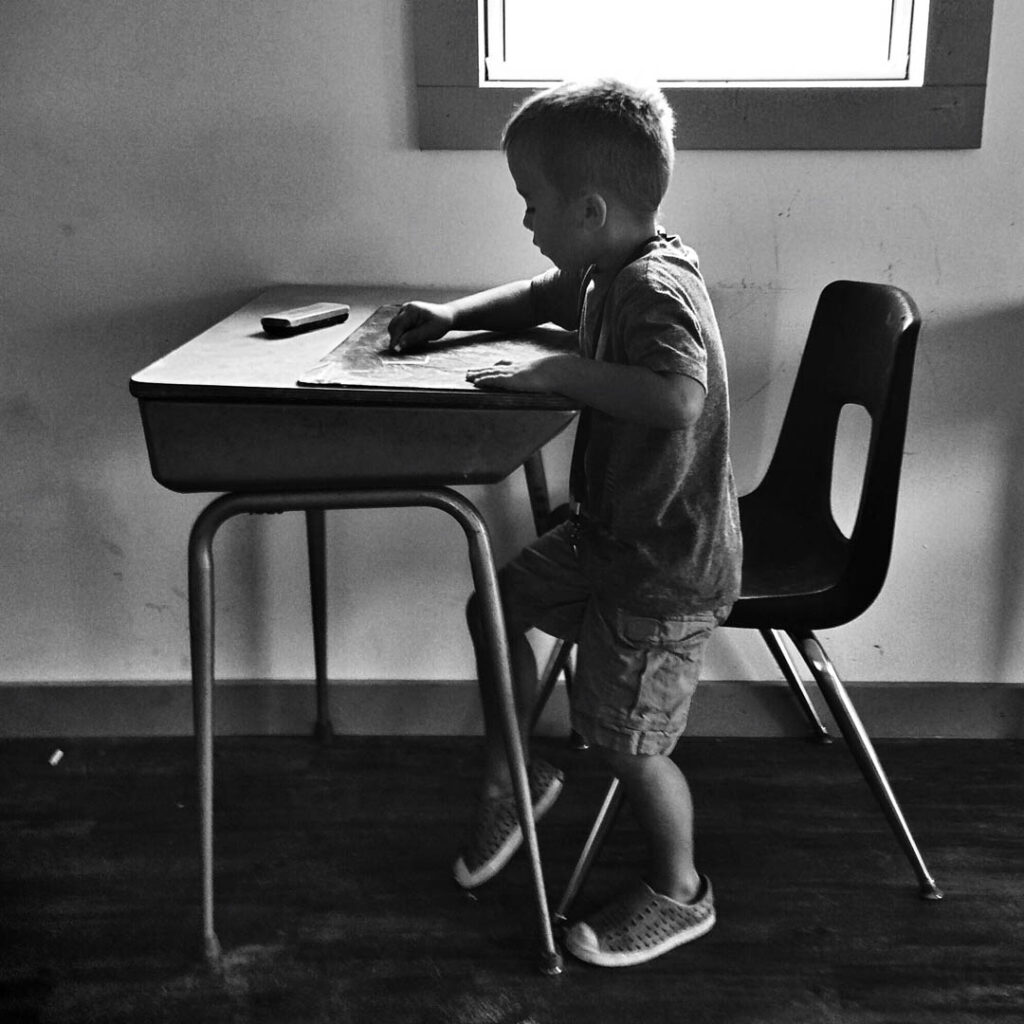
According to a study by psychologists from the University of Manchester, counselling method could be a very useful tool to help children combat mental health problems upon returning to school after the lockdown.
The study employed the Method of Levels Therapy (MOL) to measure the responses of student samples between 11 and 19 years old and it was discovered that over the 6-month assessment, counselling method is feasible and acceptable.
Reported in the British Journal of Guidance and Counselling, the findings revealed that the method will help teenagers and young people generally to get quick mental health support.
It is obvious that there is a need to focus on the mental health of children across the UK especially during an uncertain time like this.
As noted by senior educators, MOL is a kind of unconventional therapy that doesn’t require comprehensive assessment or diagnosis.
There is no doubt that the lockdown has posed serious threats on everyone’s mental health with the children inclusive. The lockdown has led to poor mental health of children as it takes away one’s sense of control – said Dr. Anamaria Churchman.
The benefit of this method is that it empowers children with choices to decide when and how frequently they want to get support.
This will also improve service efficiency and quality, allowing more young people to get support for mental health issues.
Unlike regular therapeutic approaches, MOL affords recipients to choose and control attendance by using a self-booking system.
It allows them to select what problem to work upon in their time-frame. Rather than lead the client in talking about their problems, MOL takes a follow-approach.
Dr Churchman recalled that there is surplus evidence to suggest that adolescents’ mental health is currently a growing concern in this pandemic period.
“Even in 2017, research showed that about 1 in every 8 children between the ages of 5 to 19 has at least a mental disorder. It won’t be surprising the situation has worsened during the covid lockdown.

“Governments recognized this an area of concern and schools are seen as the optimum hub for children support.”
“Conventional therapies are hard to access, costly, and can take away the choice and control from young people” – she added.
“When experts choose the best treatment for young people without involving them in the decision, the results are always unsatisfactory leading them to drop out of school or discontinue going for sessions.
Students scheduled different numbers of sessions at different intervals and developed personalized goals that are in sync with their mental wellbeing, personal needs and preferences.
Conventional sessions typically provide everyone with the same number of sessions and the parents and teachers choose when they’ll want to start and for how long their children will be seeking support even when the children may not be ready to talk.
Some young people have reported needing more support but the team is not meeting their needs because of an adult driven model.
A MOL session, however, when evaluated allows children to choose the number and the frequency of meetings in the booking – ranging from 1 to 18 based on the child’s mental and personal needs.
Upon completion, most young people showed an increase in their scores for empowerment and their ability to resolve psychological conflicts which in-turn decreased the distress level.
The positive impacts were sustained for two months after the completion of the 6-month pilot study. A full scale trial will be required next.

Ethical standards, opportunity to freely speak and be listened to, pour out their hearts, and feel understood and respected were reported as being the hallmark of success.
Co-author, Dr Warren Mansell posited that MOL can be applied to a large range of mental health problems, but hasn’t yet been tested using children and adolescents samples. “We are pleased to see it effective.”
It’s another basic application of Perpetual Control Therapy with the proposition that people function optimally when they are able to gain control over important areas of their lives.
“We’d love this approach to be replicated in an environment where young people are present, It works well with holistic approaches which are now being increasingly employed in mental health.
The paper “A process-focused case series of school-based intervention aimed at giving young people choice and control over attendance and goals in therapy.” was recently published in the Journal of Guidance and Counselling.